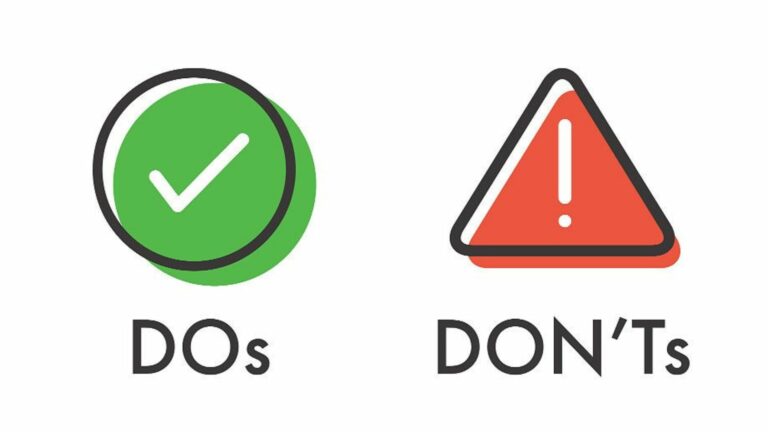In the digital age, social media has become an integral part of our lives, serving as a primary source of information and a platform for social interaction. However, the pervasive spread of misinformation has emerged as a significant challenge for social media companies operating in the United States. As these platforms grapple with the responsibility to curb the dissemination of false or misleading content, the battle against misinformation has proven to be a complex and ongoing struggle.

The Proliferation of Misinformation through social media
Misinformation on social media platforms is not a new phenomenon, but its impact has intensified in recent years. False narratives, misleading content, and the rapid spread of unverified information have the potential to influence public opinion, shape political discourse, and even impact real-world events. The democratization of information-sharing on social media has inadvertently created an environment where misinformation can proliferate unchecked.
The Role of Social Media Companies
Social media companies, as gatekeepers of the digital public square, have a critical role in combating misinformation. However, striking the right balance between freedom of expression and preventing the dissemination of false information poses a considerable challenge. Companies like Facebook, Twitter, and YouTube are under increasing pressure to implement effective measures without infringing on users’ rights to express their opinions.
Algorithmic Challenges
The algorithms that power social media platforms are designed to engage users by showing them content that aligns with their interests and preferences. However, this algorithmic approach can inadvertently create echo chambers, where users are exposed to information that reinforces their existing beliefs. This can contribute to the rapid spread of misinformation within specific communities and hinder the efforts of social media companies to present accurate and diverse perspectives.
Fact- Checking Initiative
Many social media companies have initiated fact-checking programs to verify the accuracy of content posted on their platforms. These initiatives involve partnerships with third-party fact-checkers who review and flag content that is misleading or false. While this approach is a step in the right direction, it faces challenges such as the scale of content on these platforms and the speed at which misinformation can spread.
Community Reporting and User Empowerment
To empower users in the fight against misinformation, social media platforms encourage community reporting. Users can flag content they find misleading or false, prompting a review by the platform’s moderation team. However, this approach is not without its flaws, as it relies on the vigilance and discernment of users, and false reports can be used as a tool to silence legitimate voices.
Policy Changes and Content Moderation
More so, in response to the growing concern over misinformation, online media companies have implemented and revised content moderation policies. This includes the removal of content that violates community guidelines and the suspension or banning of accounts that consistently spread misinformation. Striking the right balance between protecting free speech and preventing the harm caused by false information remains a delicate and evolving process.
Conclusion
In conclusion, the battle against misinformation on social media is a multifaceted challenge that requires collaborative efforts from various stakeholders. Additionally, companies are at the forefront of this struggle, tasked with implementing effective strategies to combat false information while respecting the principles of free speech. As technology evolves and the digital landscape continues to shape public discourse, finding innovative and adaptive solutions to this complex problem becomes increasingly crucial. The journey to combat misinformation is an ongoing one, demanding vigilance, transparency, and a commitment to the responsible use of technology in the pursuit of a more informed and resilient society. The path forward requires a delicate balance between technological innovation, user empowerment, and regulatory measures to foster a digital environment where accurate information prevails.













